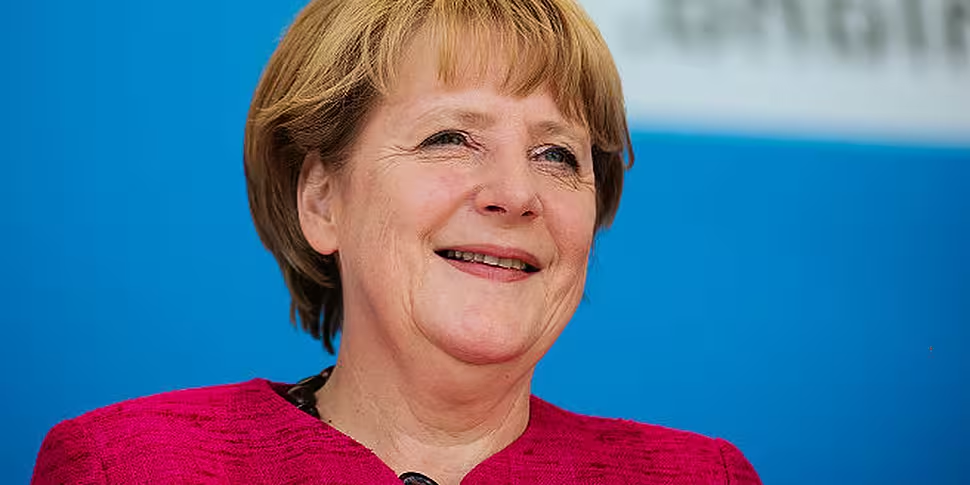In 2014 German exports exceeded imports by a record amount. The country exported a massive €1.1tn worth of goods - and imported products valued at €916.5bn.
This brought the trade surplus to €215.3bn according to Destatis - Germany's official statistic office.
That figure is 7.4 percent of the country's GDP - and bigger than the €176.7bn surplus registered by China.
Exports were 3.4 percent higher in December than they were in November and imports fell by 0.8 percent.
German exporters will also benefit from the European Central Bank's rolling out of its mass bond-buying quantitative easing programme.
It will weaken the value of the euro and increase the competitiveness of euro zone manufacturers selling to foreign markets.
The euro already depreciated by a full 12 percent against the dollar in 2014.
In the past both the US Treasury and the IMF have been critical of Germany's reliance on foreign trade.
The IMF's First Deputy Managing Director, David Lipton criticised Germany in 2013 - he said that it should reduce its trade surplus to help struggling euro zone countries to cut deficits.
Germany has argued that this growth reflects the competitiveness of its companies in a number of sectors - and that it is not something that can be steered by the government.
Last year's particularly high surplus was bolstered by cheap energy prices, and recoveries in the US and the UK.









